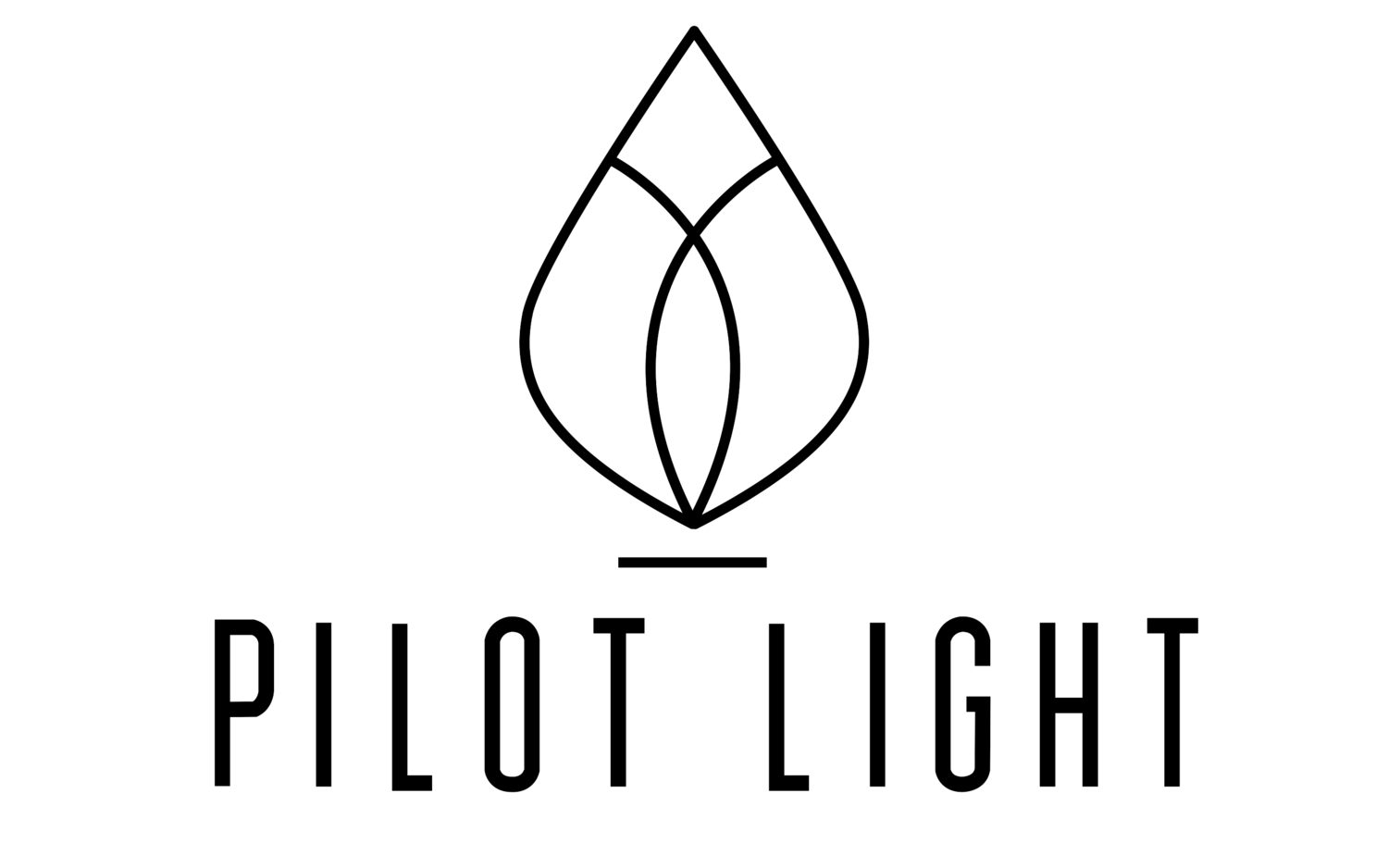Stop Selling, Start Storytelling by Polly McGee
Since recorded history, humans have been telling, or being told stories. Our first memories are of the oral histories our parents, families and guardians pass on to us. These narratives form our language at the same time as they build our values and our essential understanding of the mysteries of the world and our place in it. You might think as an adult that your storytelling is limited to the explicit narratives with which you engage, like books, newspapers, film and TV. In reality: storytelling runs the world, and operates in business and in your life in the same way.
To understand how storytelling works, lets go back to the original Hero’s journey. Its basic premise is that there are a proscribed and largely linear series of 12 events that the central hero of any story must to go through before they emerge triumphant at the end, having attained transition from the situation that lead them to undertake the journey in the first place.
It’s often said that there are only a couple of stories in the world, and they are retold with different scenarios over and over. You can make the parallel to this and the dual primary motivations for pursuing any business venture or opportunity – making money or saving money, doing things faster or smarter and in the case of the good hustle motif being in service and in your dharma.
Like the hero and his/her journey, in business the call to arms is a problem that needs to be solved, and the journey is the cycle of product/service ideation, market testing and traction, the perils of funding and cash flow, the agile in market development leading to acceptance, the vulnerability of the market challenges and competition once the product has arrived and the eventual need to reinvent and refresh the brand message once the cycle is complete.
Businesses and brands have their own hero’s journey: hearing the call to undertake a calling to do something that is bigger than them - and choosing to answer the call. Working out how to execute on their ideas, meeting the mentors that will guide them through the process, encountering the inevitable soul destroying setbacks and near death experiences, going through the early elation of success that is a precursor to the road back which continues to be fraught with setbacks and crisis as each milestone is reached - all classic heroes journey stuff.
It’s believed that storytelling plays a central role in our lives because it is simply more engaging than a plain bowl of facts. In a narrative with characters we understand and relate to, facts become embodied, in the bones and real to us, rather than depersonalised and outside of our experience or caring. I’ve always maintained the notion that whatever it is we are selling, including our values and our beliefs, they must have a compelling narrative to engage others. A beginning, middle and an end, a hero and an antagonist (or intractable problem to be changed), and some hard won rewards to the victors (or community). Again, this is true for the product or service, the individuals themselves, and the brand.
As consumers we are buying those stories everyday. There may only be one or two of them, but they are told in hundreds of thousands of different ways, and then interpreted through our experiential lens at point of purchase. To be in service to our customers, to tailor the stories to them, we need to deeply, genuinely and explicitly get them. This is why we create archetypes of the perfect customer, right down to their name, their eye colour, shoe size and preference for garlic or plain naan. The other critical things about stories is that they rarely have one single lone character.
Stories work because they are inclusive, they connect as and take us on the journey too. Wherever you are in your business, organization, brand or mission, stop and think about you story – is it clear? Is it compelling? Are your characters as familiar as the back of your hand? Does it connect and compel? When we know exactly who we are telling our stories too, we craft them explicitly, we know when to pause, when to build drama and when to drop the killer punchline that makes them want to turn the page – or click purchase.

